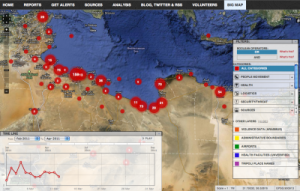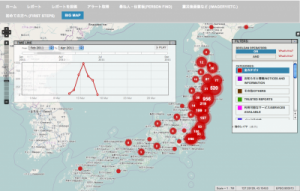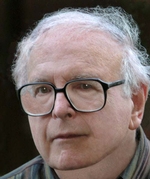Intelligence Analysis: Behavioral and Social Scientific Foundations
National Research Council, 2011
Intelligence Analysis for Tomorrow: Advances from the Behavioral and Social Sciences
National Research Council, 2011
Phi Beta Iota: There is nothing in either of these that Jack Davis, Stephen Andriole, Andy Shepard, and a whole lot of others do not already know. Going through this stuff, one can only observe that it took them three years to get to the obvious, and that neither book addresses the fact that the US Intelligence Community remains focused on collection inputs, lacks integrity across the board, has no strategic analytic model or modern collection management plan that respects open sources in 183 languages, and relies for analytics on young people without substantive knowledge, US citizens with secret clearances two steps removed from reality, and a total ban on actually engaging with the 90-country minimum it takes to achieve M4IS2.

See Also:







